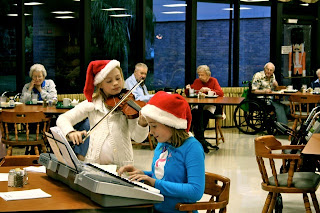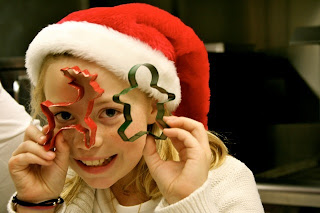
Jeremiah 31: 7-14; Ephesians 1: 3-6, 15-19a; Matthew 2: 13-15, 19-23
Jeremiah was a Prophet (not an amphibian), he lived in Anathoth, two miles east of Jerusalem and was of a well-to-do family. He was called to be a prophet around 626 BC and suffered during the reign of five weak, and ineffective Judean kings. He carried on his prophetic office during the Babylonian Exile, although he remained in Judea, he was an exile none the less being away from the refuge community. He dealt with many problems and wasted no time in taking action to condemn idol worship. This passage (chapter 31) was written in the time King Zedekiah was on the throne. It is referred to as Jeremiah’s 17th prophecy; one of Hope and Comfort for the exiles. He promises the exiles that Judah and Ephraim will be restored, and they will enjoy a safe journey back to Israel from Babylon. The words evoke an image of a perfect land with prosperity, food, watered gardens, and celebrations with song and dance. My favorite phrase is near the end, “I will give the priests their fill of fatness, and my people shall be satisfied with my bounty, says the LORD.” Even a lonely exile can find hope and encouragement here.
Our Gospel follows the Christmas story from Matthew’s point of view with the typical ties to the Old Testament. The reading is disconnected; it leaves out the verses that cover King Herod’s brutal slaying of the infants. The theme includes heavenly intervention (by an angel speaking to Joseph to leave the county and later to return). The exiled holy family goes to Egypt (a place where the Jewish people have strong memories and history). As Matthew says repeatedly, “so that what had been spoken through the prophets might be fulfilled.” We are in the dark on how long the family remained in Egypt or what they did. We know that there were moderate populations of exiled Jewish people living in Egypt at that time, especially in Alexandria. The Herodian politics led Joseph not back to Bethlehem, but to Nazareth where they settled down. One of Matthew’s connects to the OT is from Hosea 11:1: “Out of Egypt I have called my son.”
Exiles and refugees are very common in our place and time. We see and hear of religious people being persecuted and murdered for their faith; they must move and try to find a safe place. How do we confront outrageous acts of violence and help the exiles?
Reference material includes but not limited to:
J.R. Dummelow: One Volume Bible Commentary
William Barclay: The Gospel of Matthew, Vol. 1
Discussion in this morning’s forum





















































